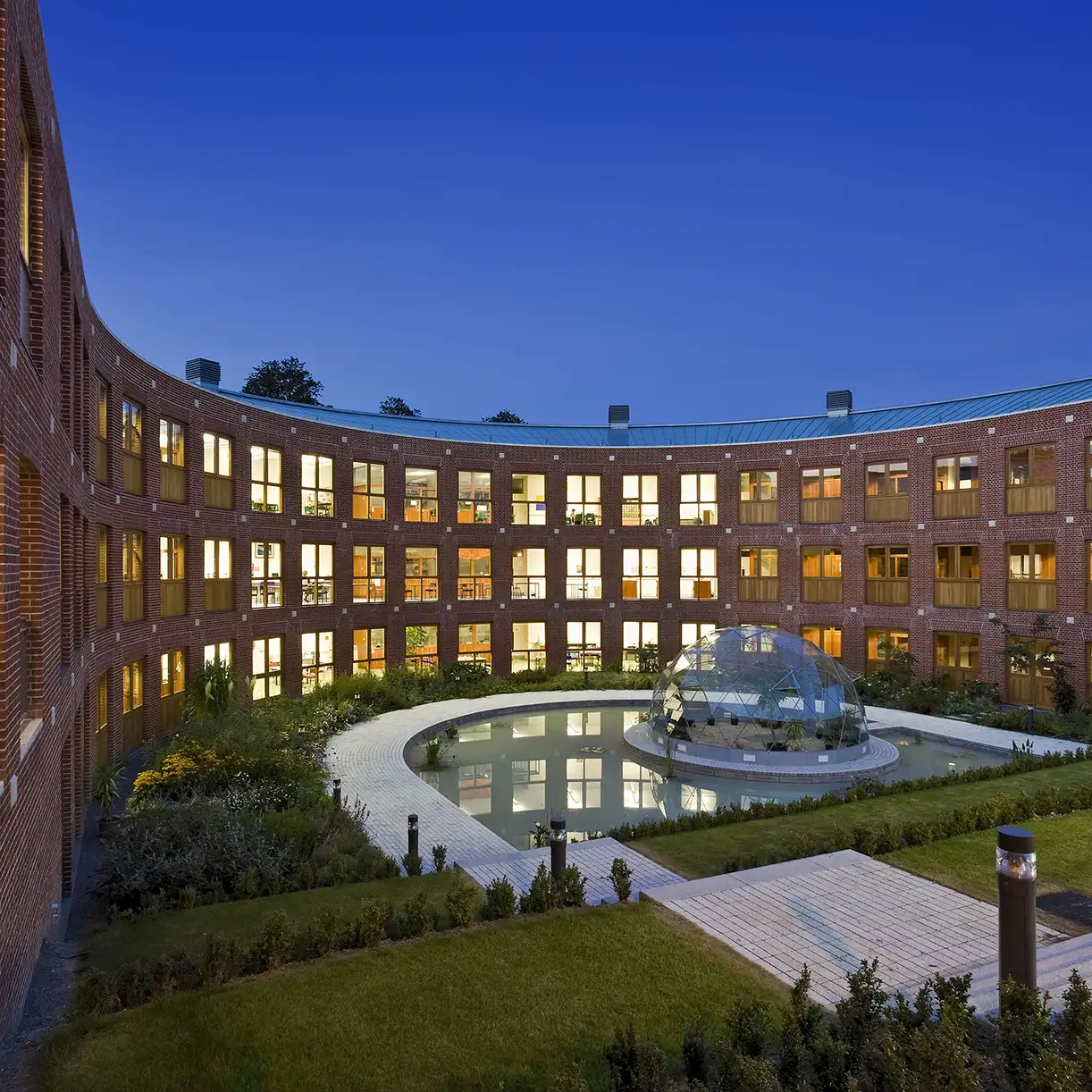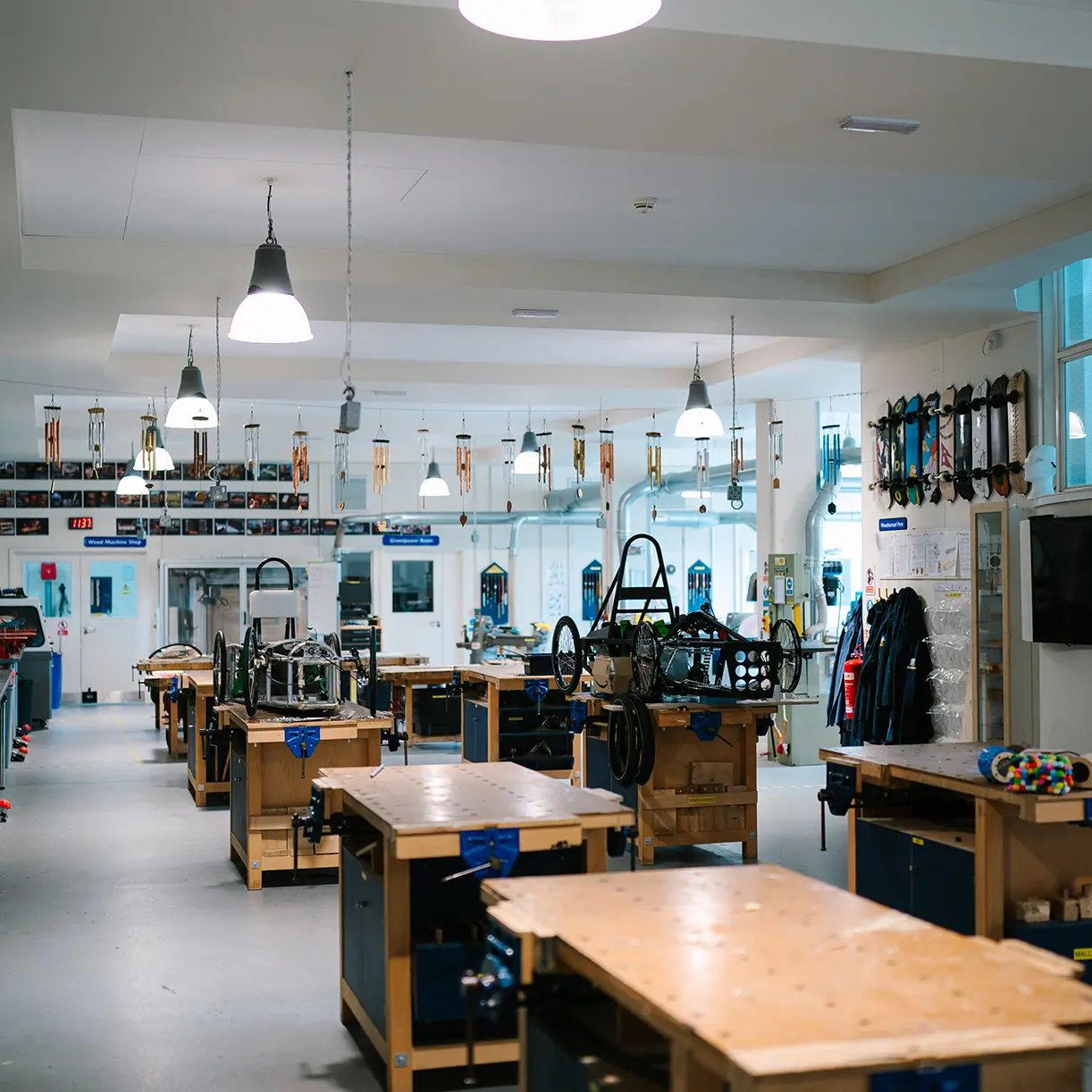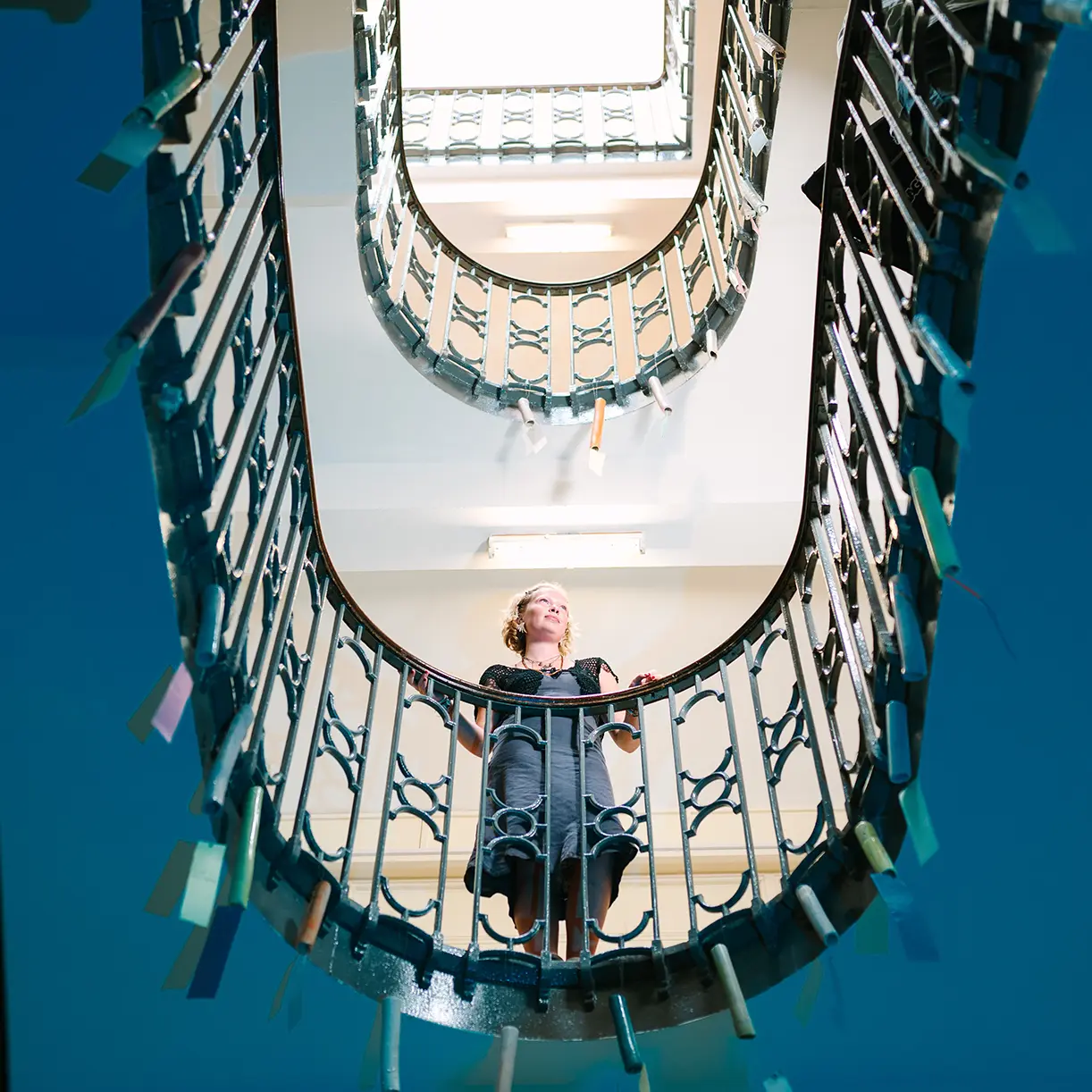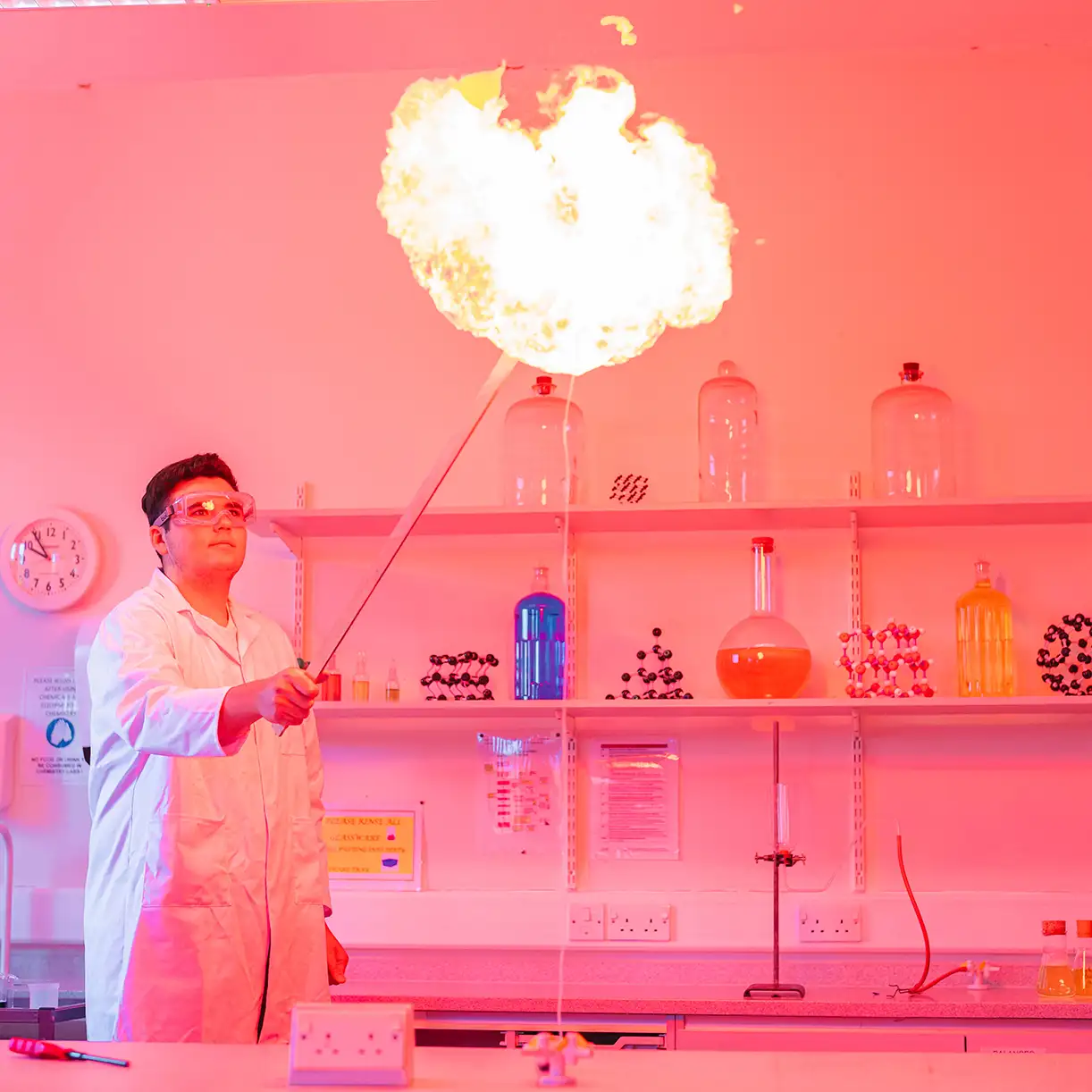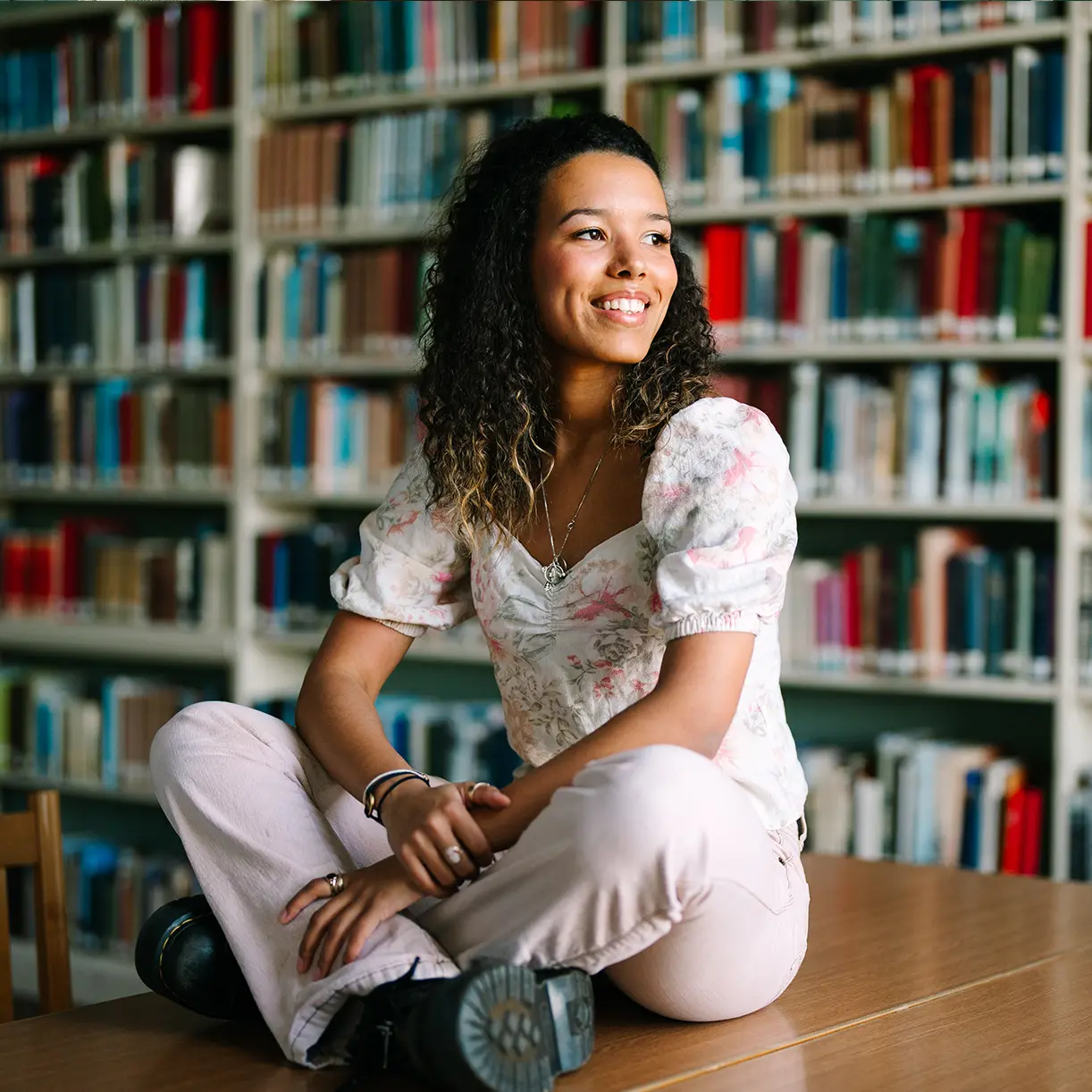The IB Diploma Programme is a globally recognised and studied curriculum designed and administered by a charity founded and run by educators.
Continued breadth of learning is a founding principle, and all pupils take six subjects, including their native language and maths, with coursework contributing to the final grade in every subject.
The IB is admired by universities both in the UK and abroad for producing rounded, diligent, organised and driven students.
Pupils who take the IB access a programme that broadens perspectives and puts a structure in place ensuring that education is not purely academic but also about what the wider world can teach us.
The learning style in an IB classroom encourages pupils to become responsible, active members of their community. They learn to value diverse perspectives and cultures; understand how events around the world are interconnected; and solve problems that transcend borders.
Book Sixth Form Visit